Guest Editors: Barbara Alice Mann, Angela Miles, Sheila Molloy, Chang Pilwha, and Genevieve Vaughan
Editorial: It is a pleasure to bring you this special issue of Canadian Woman Studies on the “Feminist Gift Economy: A Maternalist Alternative to Patriarchy and Capitalism.”
Today, we are facing the frightening social and environmental consequences of “modern” patriarchal colonial capitalism. Still, egalitarian, life- and mother-honouring social relations and world view, exemplified in Indigenous societies and still pervasive though unrecognized in “advanced” capitalist society, offer vital inspiration and evidence that “another world” is possible. Genevieve Vaughan’s theorizing of gift economy and gift paradigm is an essential resource in this struggle. She reminds us that other-oriented giving and receiving, embodied quintessentially in maternal relations, form us all as individual human beings dependent on others for survival.
Giving and receiving is the basic human and economic relation-creating process, affirming the intrinsic value of the direct receiver, and of others as the gift flows on. Giving has been paradigmatic of humanity and human community for many tens of thousands of years and remains central today, though invisible and denied as an economic paradigm.
Self-referencing exchange (and not just unequal exchange) actually interrupts connection and relationship building with many negative consequences. It divides economic, social, ecological, legal, educational, cultural, spiritual, personal and natural realms, which in matriarchal Indigenous gift economies, are united in affirming intrinsic value and building relationships.
We are homo donans before and more deeply than we are homo sapiens. Yet, this is forgotten. Quid-pro-quo exchange is presumed to be the predominant and defining human social interaction. Unilateral giving is seen only as a periodic individual behavior choice. In the dominant imaginary, we have shrunk to homo economicus.
Gift economy uncovers a deeper materialism grounded in maternal giving and receiving that includes the possibility of passing the gifts on in a world beyond the hungry mechanism of bilateral exchange. Far from seeking to have the value of the maternal economy and free gifts of nature measured with the tools of exchange, we need to evaluate the market in gift terms, by how adequately it satisfies peoples’ needs.
Articles in Part One introduce Indigenous and feminist gift culture and theory. Articles in Part Two and Three bring gift lenses to Islamic, Jewish, Anishnaabe culture and social organization, and to specific historical events, institutions, and elements of life in Canada, Colombia, Europe, France, Germany, Italy, Senegal, the UK, and U.S. These articles are an exciting testimony to the varied promise of gift-informed analyses and possibilities of a better world built on life- and mother-honouring social relations.
Barbara Alice Mann, Professor of Humanities in the Jesup Scott Honors College of the University of Toledo, in Toledo, Ohio, USA, has published over 250 published articles and chapters and fifteen books, the latest two of which are President by Massacre: Indian-Killing for Political Gain (2019) and Spirits of Blood, Spirits of Breath: The Twinned Cosmos of Indigenous America (2016). Other works include The Tainted Gift (2009), on the deliberate spread of disease to Natives by settlers as a land-clearing tactic; George Washington’s War on Native America (2005, paperback, 2007); Daughters of Mother Earth (2006, paperback as Make a Beautiful Way, 2008); and her internationally known Iroquoian Women: The Gantowisas (2000, 2004, 2006). Dr. Mann regularly speaks at conferences, nationally and internationally. An Ohio Bear Clan Seneca, community recognition, she lives in her Ohio homeland.
Angela Miles is a founding member of Toronto Women for a Just and Healthy Planet, Antigonish Women’s Association, Feminist Network for a Gift Economy and a member of the editorial board of Canadian Woman Studies. She teaches at the OISE/University of Toronto where, with Alda Facio, she co-founded the International Women’s Human Rights Education Institute. Her publications include, Integrative Feminisms: Building Global Visions and the edited collection Women in a Globalizing World: Transforming Equality, Development, Diversity and Peace.
Sheila Molloy is a long-time supporter of women and a feminist. She has a background in public and intergovernmental organizations in the area of education. She speaks and reads English and French, having worked in bilingual environments. he has been a board member of Canadian Woman Studies/les cahiers de la femme since 2007.
Chang Pilwha is Professor Emeritus of Ewha Womans University. She was the first President of the Asian Association of Women’s Studies and the first Chairperson of the APEC Senior Officials Meeting (SOM) Ad Hoc Advisory Group on Gender Integration (AGGI) in 1999. She also served as Editor-in-Chief of the Asian Journal of Women’s Studies (AJWS) for many years, as the President of the Korean Association of Women’s Studies in 2000, and as the Convenor of the 9th International Interdisciplinary Congress of Women (WW05) in 2005. As the Director of the Asian Center for Women’s Studies, she led the launching of the Ewha Global Empowerment Program (EGEP) for women activists of non-profit organizations from Asian and African countries. She was also the Director of the Ewha Institute for Leadership Development, where she conducted programs for women leaders of various fields, including business corporations. Currently, she is working as the Chair of Asian Women Bridge, DorunDorun, which operates skills and leadership training centers in Nepal, Cambodia, and Laos. She works closely with the Ministry of Gender Equality, the Korean Women’s Development Institute, and the Korea International Cooperation Agency (KOICA) as well as many NGOs, including the Korean Women’s Foundation, and the Korean Sexual Violence Relief Center.
Genevieve Vaughan (b.1939) is an independent researcher who has been working on the idea of the maternal gift economy as an alternative to Patriarchal Capitalism for more than half a century. She created the multicultural all-woman activist Foundation for a Compassionate Society (1987-2005) and the network: International Feminists for a Gift Economy (2001 – ongoing). She founded the Temple of Goddess Spirituality dedicated to Sekhmet in Cactus Springs, Nevada (1992 and ongoing). Her books are For-Giving, a Feminist Criticism of Exchange (1997), Homo Donans (2006) and The Gift in the Heart of Language: the Maternal Source of Meaning (2015). She has edited three anthologies Il Dono/The Gift (2004), Women and the Gift Economy: A Radically Different Worldview is Possible (2007) and The Maternal Roots of the Gift Economy (2019) and has written three children’s books. She is the mother of three daughters and lives part time in Rome, Italy, part time in Austin, Texas. See www.gift-economy.com.
Front Cover: Shirley McDaniel, “Girlscape 1,” 2013, acrylic on canvas, 130cm x 80cm
Back Cover: Shirley McDaniel, “Heartstrings,” 2019, acrylic on board, 49cm x 61cm
Shirley McDaniel is a South African artist. The subject of womankind is a recurring theme in her work. Shirley’s images of women symbolize connectedness and inclusiveness. Visit her website at: http://www.art-explorations.com.
Seeing the Gift
Thinking Through the Gift Paradigm – Genevieve Vaughan,
Sharing Economies and Indigenous Matricultures in the Land Now Called Canada – Irene Friesen Wolfstone,
From the Magic of ToGaianess: Ngapartji-Ngapartji in Indigenous Australia – Glenys Livingstone
The Mother-Suckling-Child Principle of the Gift in Indigenous North American Culture – Barbara Alice Mann
Gift in the World
Giving and Receiving: The Maternal Basis of Life and Language – Genevieve Vaughan
Gift Logic, Mother Sense and Language: On Victoria Welby’s Significs – Susan Petrilli
Ideals and Practices of Giving in Islam – Daniela Falcioni,
Holding and Carrying Our Babies: A Gift-Giving Practice in Anishinaabeg Mothering Cultural Traditions – Renée E. Mazinegiizhigoo-kwe Bédard
Grandmothers at the Centre in Velingara, Senegal: The Transmission of Knowledge, Education, Intergenerational Relationships and the Gift Logic – Francesca Lulli
Gift Economy in Maternity and Childbirth in Italy – Elena Skoko
Gift in Everyday Life and Activism
Deserving, Gifting, and Needs – Miki Kashtan
Gen Vaughan and the Maternal Gift Economy – Vicky Noble
My First Encounter with the Feminist “Gift Economy – Angela Dolmetsch
“Not To Worry”: Cecily Shackleton’s Polar Gift Giving and the Oxford University Ellesmere Land Expedition of 1934-35 – Maura Hanrahan
The Jewish Tzedakah (Gifting) Community- Erella Shadmi
Women, Chevra Kadisha and the Gift Economy – Judith Maeryam Dunkelberger Wouk
Sauna Exists, Thefore I Am: Gifting Rituals of the Finnish Sauna – Kaarina Kailo
Placental Roots: Honouring an Embodied Gift Economy of Birth – Nané Jordan
Unveiling Patriarchal Motherhood – Mariam Irene Tazi-Preve
Poetry
Sturgeon Visitations by Susan McCaslin
November Table II by Fran Westwood
Yours, my, mine: G.i.f.t.s. by l.a.r.k.
Making Kin by Fran Westwood
The Fourteen by Joanna M. Weston
My blind sister’s mortuary dress by Ilona Martonfi
Celtic Knots: Introduction (paternal side) by Katerina Vaughan Fretwell
Window by Fran Westwood
Inanna by Susan McCaslin
Skibbereen Workhouse by Ilona Martonfi
Corn in Egypt by W. M. Herring
One Morning in Birkenau by Ilona Martonfi
Banana Insight by Diane Driedger
Prairie Heartbeats by K-Lynn
Letter to a Stranger by Joanna M. Weston
Twined Tales by Joanna M. Weston
The First Week by Holly Day
Leaving by W. M. Herring
The Chaperones by Ilona Martonfi
Have I Got the Strength by Holly Day
Book Reviews
Women’s Realities, Women’s Choices: An Introduction to Women’s and Gender Studies reviewed by Hannah Maitland
Feminism: A Brief Introduction to the Ideas, Debates, and Politics of the Movement reviewed by Ki Wight
Le salaire au travail ménager: chronique d’une luitte féministe internationale (1972-1977) reviewed by Jeanne Maranda
The End of Patriarchy: Radical Feminism for Men reviewed by Debra M. Haak
Refuse: CanLit in Ruins reviewed by Amber Moore
Desire Change: Contemporary Feminist Art in Canada reviewed by J. Burbage
Radiant Shards: Hoda’s North End Poems reviewed by Carol Debra Lipszyk
North: Poems reviewed by Philippa Jabouin
Carousel: A Novel reviewed by Jack Ruttan
Boss Bitch: A Simple 12-Step Plan to Take Charge of Your Career reviewed by Deborah Herman
The Blue Castle reviewed by Lesley Strutt
M. Montgomery and the Matter of Nature(s) reviewed by Aniko Varpalotai
The Negation of Chronology: Imagining Geraldine Moodie reviewed by Wendy Donawa
Outside In: A Political Memoir reviewed by Aalya Ahmad
Water My Soul: 90 Meditations from an Old Order Mennonite reviewed by Carolyne Van Der Meer
To Measure the World reviewed by Carol Debra Lipszyk
Stories of Women in the Middle Ages reviewed by Barbara D. Janusz

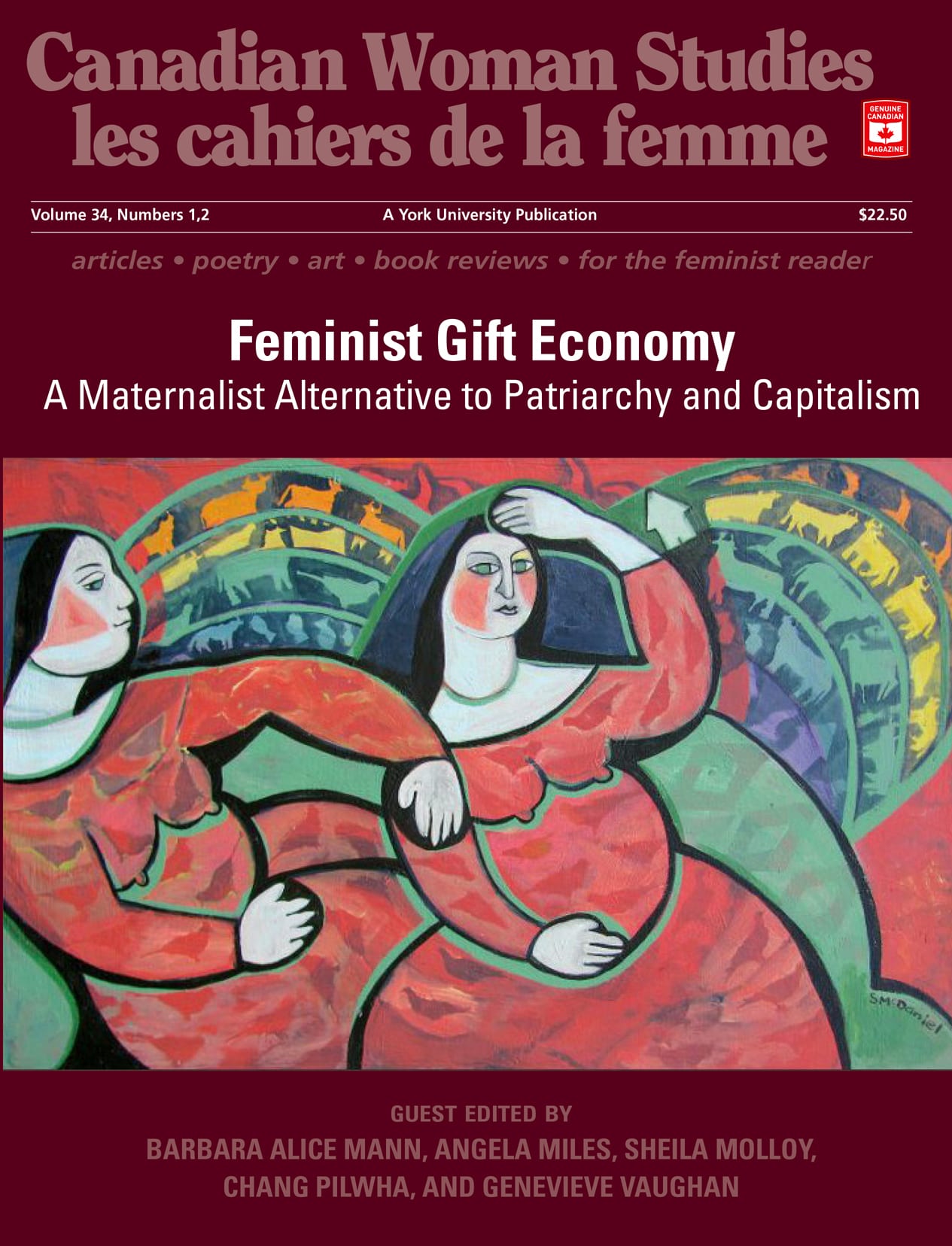
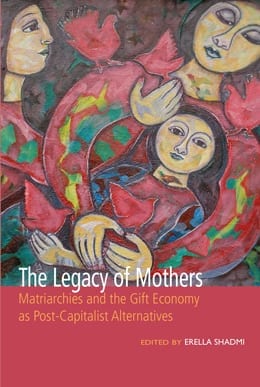
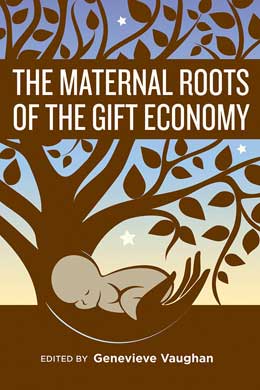
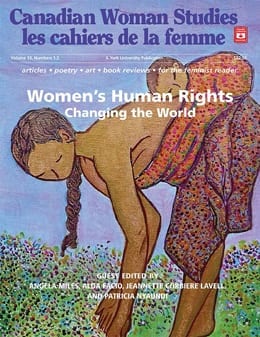
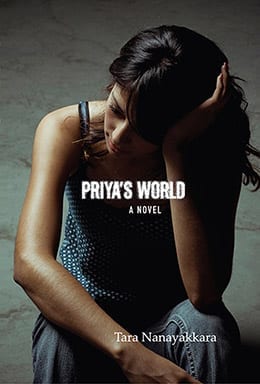

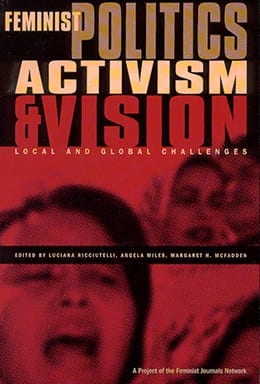
Reviews
There are no reviews yet.